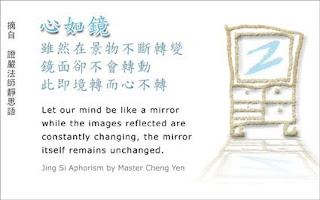I refer to the two sentences listed as examples by Senny Ng in Fewer words (Mind Our English, June 25).
Aren’t both sentences preceded by participle phrases which are very well expanded into co-ordinate clauses by Fadzilah Amin in the answers?
This is, however, not the first time I have seen the use of “clauses” which are meant to include “phrases”. Please explain. – Kengt, Penang
I think there is a misunderstanding here. What some people call a participle phrase, others call a participle clause. Some people refer to structures containing non-finite verbs (i.e. participles and infinitives) without finite ones, as phrases, while others refer to them as clauses.
I based my choice of the use of participle clause on Practical English Usage (Michael Swan, 2005) and the Collins Cobuild English Grammar (1990). Both these books use the term participle clauses, NOT participle phrases for structures similar to those used in Senny Ng’s sentences. Let me illustrate by quoting some of their examples of participle clauses to compare with Senny Ng’s clauses. I am going to write all participle clauses in bold:
“Wearing a T-shirt, Jenny walks to work.” (Senny Ng)
“Putting down my newspaper, I walked over to the window.” (Michael Swan, p.411)
“Laughing and shrieking, the crowd rushed under the nearest trees.” (Collins Cobuild, p.371)
“Put simply, he just wasn’t good enough.” (Senny Ng)
“Served with milk and sugar, it makes a delicious breakfast.” (Michael Swan, p.382)
“Angered by the policies of the union, she wrote a letter to the General Secretary.” (Collins Cobuild, p.371)
The above are answers to my questions (included above) published by The Star and reproduced from The Star Online Mind Our English Thursday July 30, 2009.
The answers appear to suggest phrases can be called clauses, but if you look up the online dictionary, www.dictionary.com, the definition of a phrase is, among its other meanings, a sequence of two or more words that make up a grammatical construction, usually lacking a finite verb and hence not a complete clause or sentence.
Monday, August 17, 2009
Phrases and clauses
Posted by
Kengt, Penang (Seeking correct English)
at
12:01 AM
![]()
![]()
Subscribe to:
Post Comments (Atom)

No comments:
Post a Comment